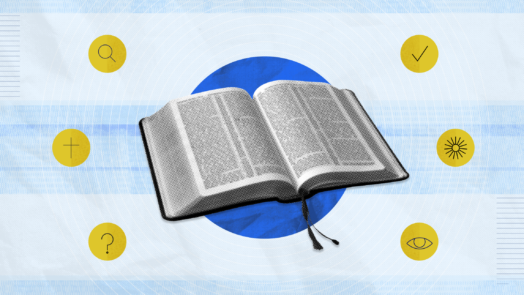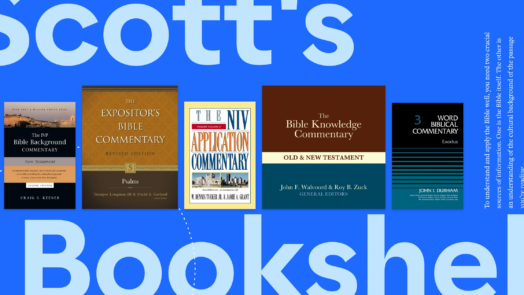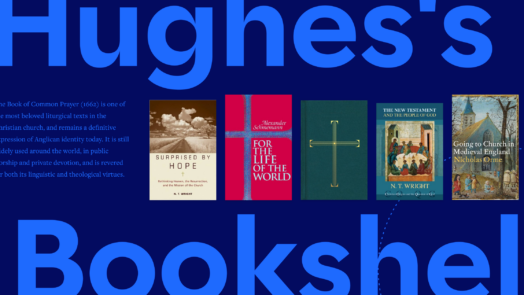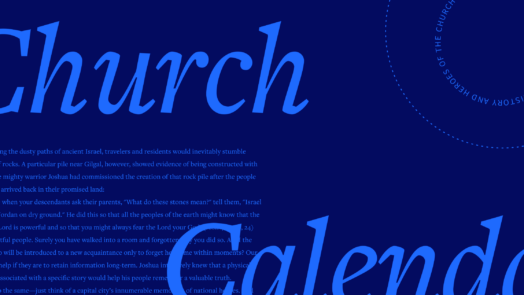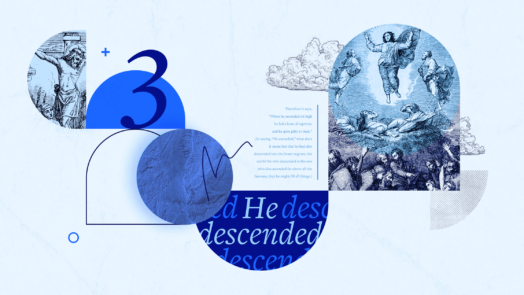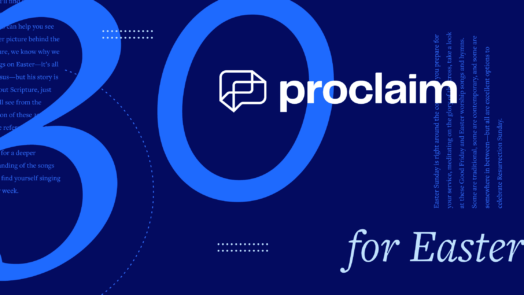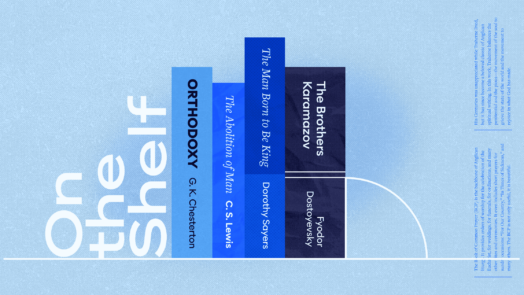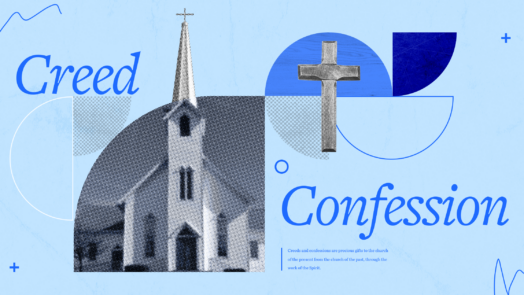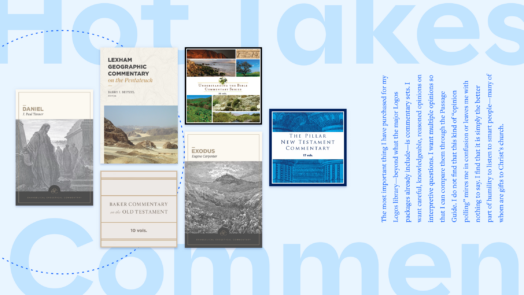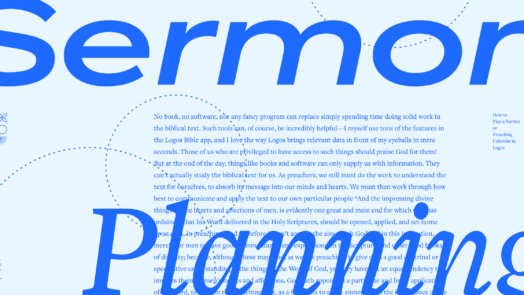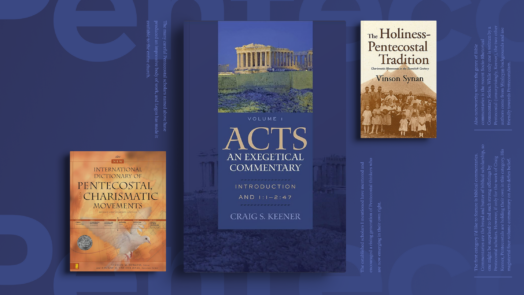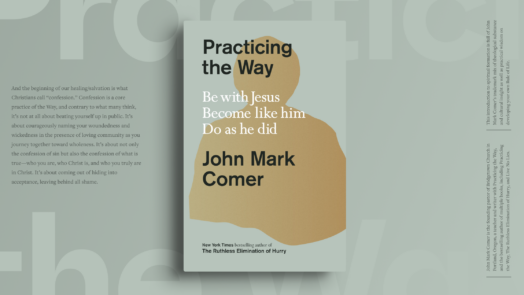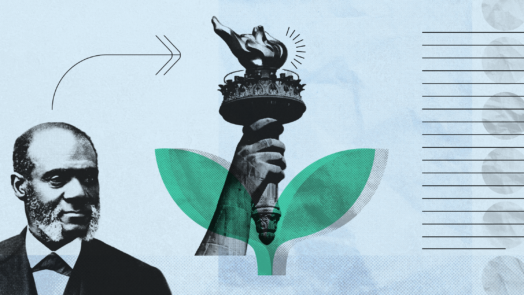In my last piece we looked at some qualities that make for a good study Bible. Now it’s time to look at some things that I’d love to see Bible publishers stop doing when putting together a study Bible. Though it's no longer the hallowed season of...
When I first began teaching others how to use Bible software in the early 2000s, I actually had a stock joke that Logos was building a sermon generator that would produce both exegesis and illustrations. It wasn’t a very funny joke then; now it’s...
As I was considering how to move from in-person Bible teacher to online Bible nerd, it occurred to me that in my former role as discipleship pastor at a large church, a regular part of my job had been helping connect church members and small group...
Seana Scott is a speaker and award-winning writer with a passion to help Christians live with a well soul through knowing God’s Word, walking with God, and living with purpose. She is the founder of Well Soul Life and hosts the Well Soul...
People are afraid of demons. What are demons afraid of? Have you ever wondered? Maybe you would think it strange to imagine demons being afraid of anything. The accounts of demonic possession in the Gospels, and the attempts to represent such...
Kyle R. Hughes (PhD, Radboud University, Nijmegen) is the author of three books, including How the Spirit Became God: The Mosaic of Early Christian Pneumatology and Teaching for Spiritual Formation: A Patristic Approach to Christian Education in a...
Shuffling along the dusty paths of ancient Israel, travelers and residents would inevitably stumble upon piles of rocks. A particular pile near Gilgal, however, showed evidence of being constructed with purpose. The mighty warrior Joshua had...
The name Reformed Baptist raises numbers of eyebrows. Some Christians believe the moniker is a contradiction in terms. Others think it simply refers to Baptists who are Calvinists. Nevertheless, despite the understandable confusion, Reformed...
“Imagine” is my least favorite Lennon song. Sadly, Lennon isn’t a dreamer at all in this song, though he claims that he is. He’s living without real imagination or hope, foolishly thinking that the answer to death and war, greed and hunger, is to be...
What you’ll see in this Logos Live episode In this engaging interview, we sit down with esteemed author and theologian Bryan Chapell to discuss his latest work, Are We Living in the Last Days?: Four Views of the Hope We Share about Revelation...
Jesus’s crucifixion and resurrection rightly get the emphasis in both academic and pastoral treatments of Christ’s work. The cross and the empty tomb are the crux of God’s work of salvation, the fulcrum on which everything else included in that...
Easter Sunday is right around the corner. As you prepare for your service, meditating on the glory of the cross, take a look at these Good Friday and Easter worship songs and hymns. Some are traditional, some are contemporary, and some are somewhere...
American Christianity is, in many ways, a cultural and denominational hodgepodge. Colonization led to certain emphases among American Presbyterians, Anglicans, and Baptists. And as Pentecostalism, Methodism, and others were added to the American...
For Catholics, Orthodox, and many Protestants, Holy Week is the most sacred time of the year. Traditionally, it is more important than Christmas, as it focuses on the central event of the gospel: the death and resurrection of Jesus. Contents The...
Every year new students walk into classrooms ready to build upon their first-year biblical language skills by learning how to exegete the Hebrew or Greek text. They are taught how to examine the nuances of words, the rules of grammar. They discover...
Elliot Ritzema is an editor at Lexham Press and a master of sacred theology student at Nashotah House Theological Seminary. He is the editor of Lexham’s Spurgeon Commentary series. He has a master’s of divinity degree from Regent College...
Another Week of Prayer for Christian Unity has passed, and a recent picture of current Archbishop of Canterbury, Justin Welby, blessing Pope Francis has, at least in some quarters, generated controversy. Recent convert to Catholicism and former...
Creeds and confessions are precious gifts to the church of the present from the church of the past, through the work of the Spirit. They summarize the beliefs Christians have studied, worked, debated—and even died—to state clearly from Scripture...
The most important thing I have purchased for my Logos library—beyond what the major Logos packages already include—is commentary sets. I want careful, knowledgeable, reasoned opinions on interpretive questions. I want multiple opinions so that I...
The only thing taller than the Burj Khalifa is the stack of books I’m currently intending to read. I like to read. I like to read fiction, non-fiction, cookbooks, news stories, human interest pieces, jokes, and Twitter threads. I like to read the...
For more than a decade now, I have trained pastors and students to leverage Logos for their study of the Bible, including sermon preparation and planning. Over the years, I have heard the same concern time and again: many professionals study the...
If I asked you to name a woman in the Bible, who would come to mind? How many could you name? Countless sermons have been preached about Esther and Ruth. We’ve scrutinized the woman at the well’s encounter with Jesus and celebrated Rahab’s strategic...
As I’ve mentioned elsewhere, and speaking as a Pentecostal, Pentecostals do not typically have a stellar academic reputation. One of my friends often jokingly introduces me by saying, He’s a Pentecostal—but he went to Gordon-Conwell! as if to beg...
Learning to read and study Scripture is an important part of the Christian life. And while pastors and teachers are essential gifts of Christ to his church, individual Christians should also be able to pick up any passage and read it with basic...
There are many good reasons to start a Bible study for men. They include growth in understanding and applying the Bible, mutually encouraging relationships, and ultimately lives pleasing to God that have an impact for his glory. In short, getting...
Formal education is ripe for innovation. Non-traditional students—parents, professionals, retirees—have new options that are achievable, affordable, and accredited for advancing their Bible study abilities. Tradition and attempted innovation For...
What is heresy? While this term is often casually thrown around in the many wars of words on social media, it does have a historic technical usage in the context of Christian theology. Simply put, we can define heresy as the deliberate affirmation...
I recognize that a growing number of people have an emotional allergy to the word sin, but it is just the word we use to name the felt experience of the human condition that pretty much all luminary thinkers agree on. Whether ancient, modern...
So, you’ve read about Charles Spurgeon and Roger Williams, and maybe you even know a good deal about Black theologians like Martin Luther King Jr. or C. T. Vivian. But just as Church history didn’t start at the Reformation, the history of the Black...
From the window of graduate student housing at Emory University, my mother recalls watching an older man carrying a heavy sack and placing a book at the doorstep of each of the apartments, one after the other. And then this St. Nicholas-like man...



